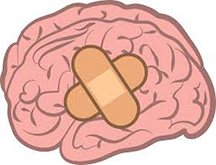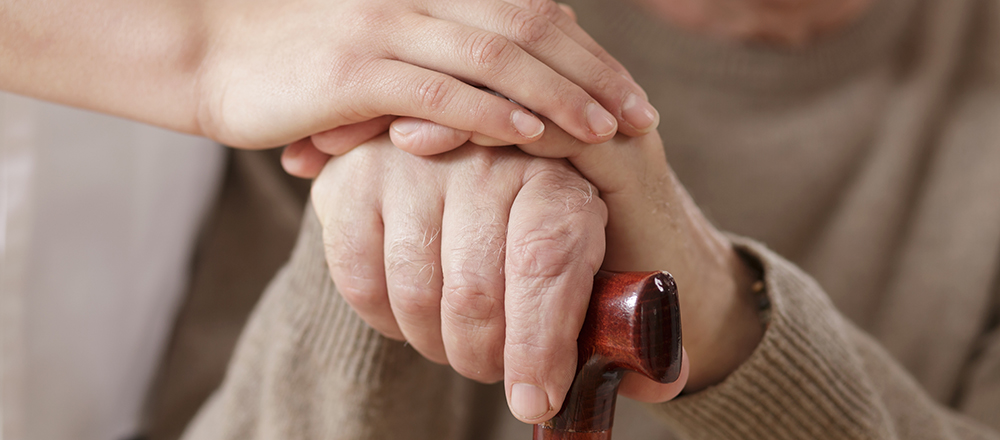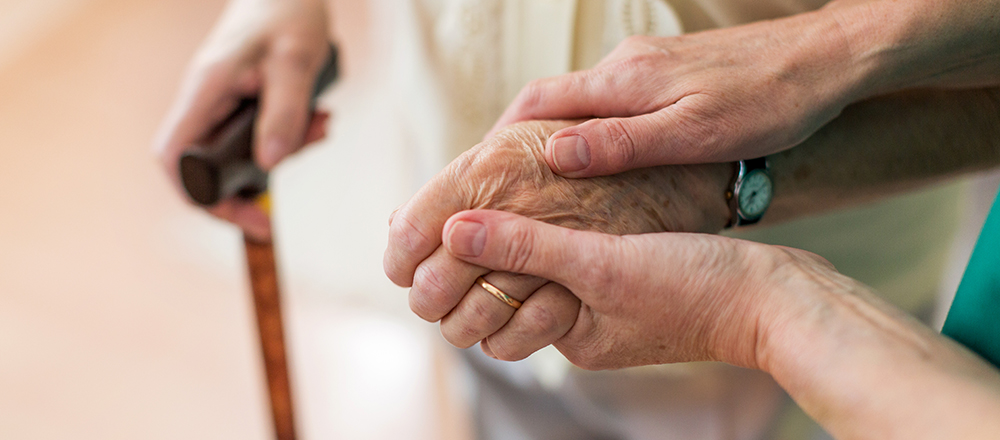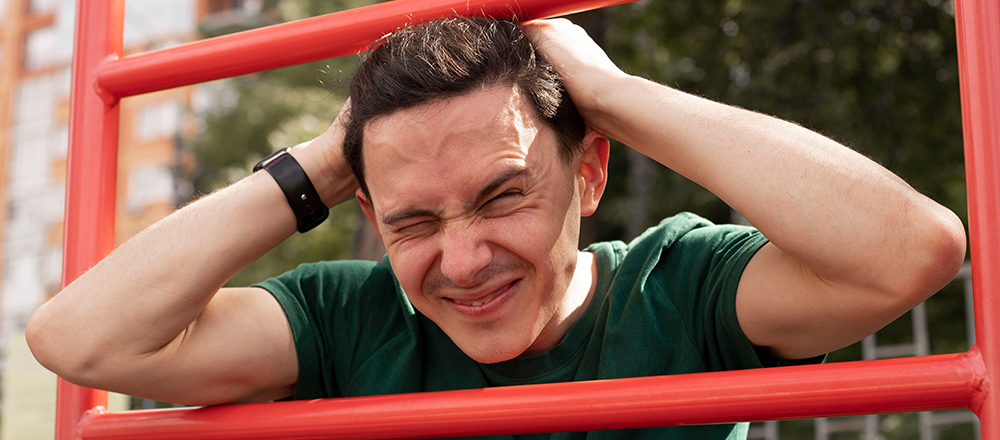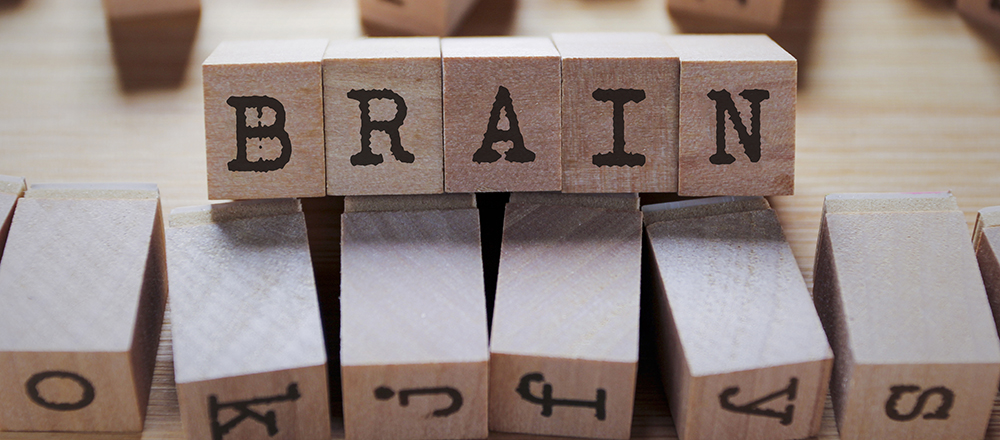
A hard hit on the head area can be serious. That’s the message the Brain Injury Association of America wants you to spread during March, Brain Injury Awareness Month, and throughout the year. Every nine seconds, someone in the U.S. suffers a traumatic brain injury (TBI) as the result of a playground accident, car crash, assault, fall or sports-related mishap. Even the mildest bump can have life-altering consequences.
Raise Your Awareness
Brain Injury Support
Healing from a brain injury can be a tough and sometimes isolating experience. Connect with experts and peers to find effective ways to heal.
Traumatic brain injuries are usually caused by a blow to the head area impacting the brain’s function. They can also occur with a blow to other areas of the body if the force of the impact is transmitted to the head. Blows to the head are common. With about 16,000 Missourians hospitalized for traumatic brain injuries each year, it’s important you know how to deal with them.
Some TBI symptoms appear immediately after an incident, while others can show up days or weeks later. The terms mild, moderate and severe describe the effect the injury has on brain function. Mild injuries may not have visible symptoms but can be dangerous if they aren’t treated promptly.
Mild Symptoms
- Headache
- Nausea or vomiting
- Fatigue or drowsiness
- Dizziness or loss of balance
- Blurred vision
- Mood changes or mood swings
- Trouble concentrating
- Brief loss of consciousness
Moderate to Severe Symptoms
-
Loss of consciousness for several minutes to hours
- Persistent or worsening headache
- Convulsions or seizures
- Eye pupil dilation
- Difficulty waking up
- Loss of coordination
- Slurred speech
- Unusual behavior
Keep Your Brain Safe
Brain injuries can be prevented. Learn how to protect your head.
Buckle up. Use your seatbelt. Do the same for your little ones and be aware of Missouri’s child seatbelt law.
Ride safely. Wear a helmet when riding a bike, motorcycle or ATV or playing a sport with a high risk for head injury.
Stay up right. Falls account for almost 41% of traumatic brain injuries. Make your space safer by removing tripping hazards, installing stair rails and bathroom bars and increasing lighting.
Protect the whole family. Little ones aren’t immune to head injuries. Install window guards to keep children from falling out of open windows. Use safety gates at the top and bottom of stairs.
Our expert neurologists can study, diagnose and treat traumatic brain injuries. For all types of concussions, our rehab team provides cognitive and vestibular therapy. Our rehab services help people get back to their normal activities sooner and with reduced symptoms.
Keep in mind that not all hard hits result in a traumatic brain injury. Still, it’s good to play it safe and call your healthcare provider if you, your child or a loved one hits their head hard.
Connect with our neurologists or rehab specialists to learn more.
